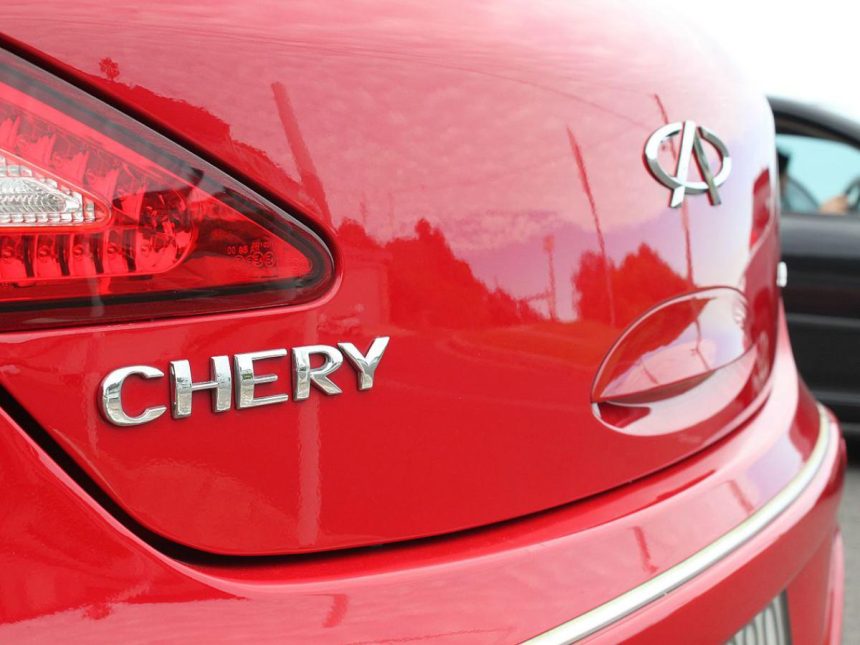Chinese automaker Chery Auto has confirmed it is “actively considering” establishing its second European production plant in the UK—part of a broader localisation strategy as it expands its market presence amid shifting global trade conditions.
Strategy Driven by EU and U.S. Tariffs
Speaking at the Society of Motor Manufacturers and Traders conference in London, Chery UK director Victor Zhang said local manufacturing is “on the table” as the company deepens its commitment to UK customers. He cited rising U.S. and EU tariffs as a key driver for onshore production—a move already mirrored by rivals such as BYD, Geely and EVE Energy.
Early UK Success Spurs Growth
Since debuting its Omoda and Jaecoo brands in UK showrooms in September 2024, Chery has captured approximately 2% of Britain’s electric‑vehicle market. It now operates nearly 75 dealerships and is eying expansion to 100 by the end of next year.
UK Trade Deal Offers Competitive Edge
Chery’s timeline aligns with a new UK–U.S. trade agreement that reduces tariffs on British auto exports from 27.5% to 10%. While this provides a competitive edge over EU-sourced vehicles in the U.S., remaining duties on UK steel and other imports continue to complicate the economics of UK-based assembly.
Discussions Ongoing with Authorities
Zhang confirmed that talks are underway with UK government and industry officials over factory location and incentives, though no final decision has been made. “Everything is on the table,” he noted, underscoring the company’s open approach to strategic manufacturing alignment.
Broader Trend: Chinese Auto Investment in Europe
Chery isn’t alone. Chinese firms like Geely (through Lotus) and EV battery maker EVE Energy are expanding in the UK and EU, seeking to shortcut tariff obstacles. Chery already operates a plant via a joint venture in Spain. A UK factory would deepen its footprint in Europe and bolster supply chains.
Possible Benefits and Challenges
Potential benefits:
- Lower trade costs and stable supply chains
- Boost to local employment and skills
- Enhanced brand credibility among UK consumers
Challenges to address:
- Tariff elimination on steel and auto parts remains incomplete
- Competition with established European and domestic auto players
- Long-term investment decisions hinge on favourable policy outcomes
What’s Next?
- Continued discussions between Chery and UK authorities
- Negotiations over tariff waivers and incentives led by Business Secretary Jonathan Reynolds
- Strategic alignment with Chery’s broader European network, balancing assembly in the UK and Spain
With UK consumer openness to Chinese EV brands—40% reportedly willing to consider them—Chery Auto views local production as the next logical step in cementing its European ambitions. As negotiations proceed, a UK-built Chery may soon power roads across Britain.











